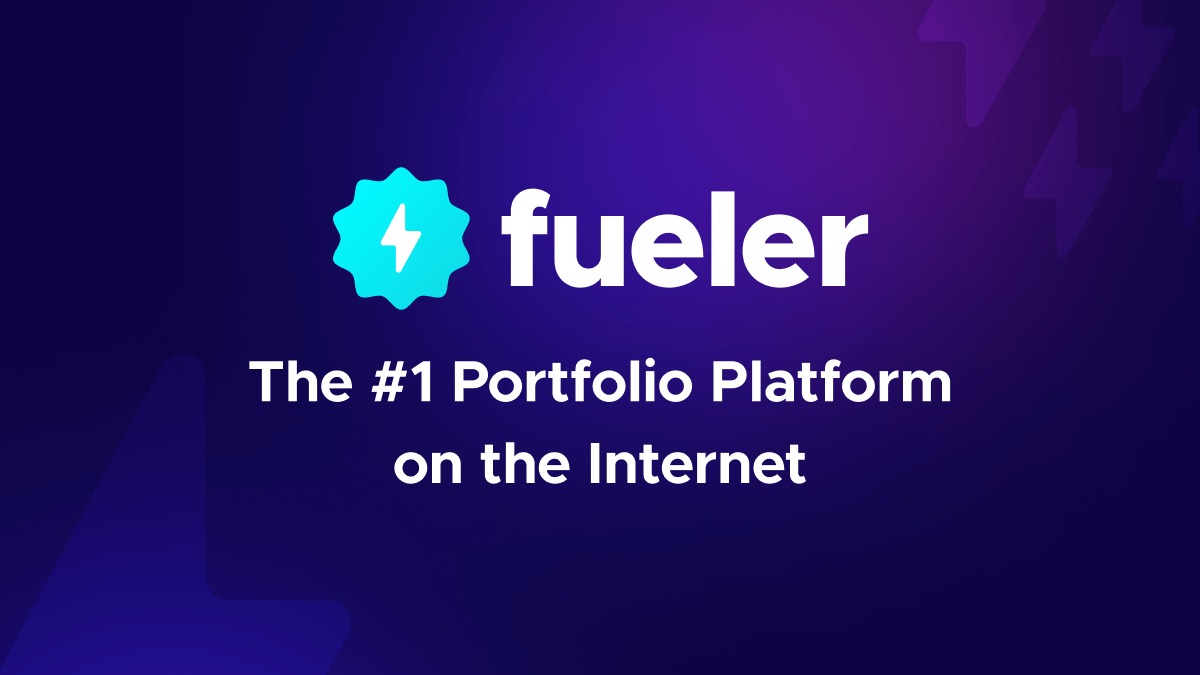Top 7 PPC Campaign Mistakes to Avoid in 2025

Riten Debnath
03 Sep, 2025

Wasting the budget on PPC is easy if you overlook the latest pitfalls that sneak into campaigns every year. The competition is intense, and Google, Amazon, and Bing update their systems constantly making some old best practices outdated (or even dangerous). If you want your 2025 campaigns to actually drive leads and conversions, you must know these common PPC mistakes and, more importantly, how to avoid them.
I’m Riten, founder of Fueler, where digital marketers turn proven results into career growth by showcasing real assignments. In this article, I break down the most critical PPC mistakes brands make in 2025, plus practical steps to fix them. Beyond fixing mistakes, it’s about showing your learning by documenting outcomes in your portfolio the shortcut to trust with clients, agencies, or future roles.
1. Failing to Set Up Conversion Tracking Correctly
A campaign without conversion tracking is flying blind. If you don’t know which ads or keywords are driving real leads, every improvement becomes guesswork.
- Install tracking tags on every lead form, phone number, and purchase button.
- Test conversion goals before launching campaigns.
- Set up cross-platform tracking (Google, Bing, social platforms).
Why it matters: Without accurate data, you’ll waste budget on poor performers and lose out on scaling true top-performers.
2. Overlooking the Importance of Precise Keyword Matching
Bidding on broad match keywords alone attracts irrelevant clicks and drains budgets fast. Every keyword should be purpose-driven.
- Use exact and phrase matches to target high intent searches.
- Update negative keywords regularly.
- Separate keyword groups to avoid overlapping and confusion.
Why it matters: Precise keyword targeting stops wasted spend and ensures your ads reach people ready to convert not random browsers.
3. Not Using Negative Keywords
Skipping negative keywords means your ad shows up for the wrong searches, driving up costs with low-quality clicks.
- Review the Search Terms Report weekly.
- Add negatives for irrelevant topics, “free,” “cheap,” and competitor names.
- Use phrase and exact match negatives.
Why it matters: Negative keywords filter out low-value traffic so your budget works harder, resulting in better cost-per-acquisition.
4. Poor Campaign Structure
Combining unrelated products or goals in a single campaign results in confusing data and poor optimization.
- Build single keyword ad groups (SKAGs) for clarity.
- Segment campaigns by product type, brand, or funnel stage.
- Create separate budgets for different goals.
Why it matters: Proper structure gives you reliable data, makes optimization easy, and improves decision-making for every aspect of your PPC campaigns.
5. Ignoring A/B Testing and Data-Driven Experiments
Not testing different ad creatives, headlines, or landing pages is a wasted opportunity. Static ads get stale, while fresh tests find new winners.
- Routinely split test at least two ad variants per group.
- Test different landing pages, CTAs, and creatives.
- Pause poor performers quickly, and double down on what works.
Why it matters: Experiments drive constant improvements and can reveal high-conversion approaches you might otherwise miss.
6. Neglecting Optimization of Landing Pages
Sending ad clicks to slow, irrelevant, or low-converting pages means even great ads will flop.
- Design pages with fast load times and mobile-first layouts.
- Match the landing messaging closely to the ad.
- Use clear, compelling calls-to-action and proof elements (reviews, badges).
Why it matters: The landing page is where conversions happen, so optimizing pages is as critical as the ad itself for campaign success.
7. Treating PPC as a Set-and-Forget Channel
PPC is not a one-time experiment; it needs ongoing attention to stay profitable. Leaving campaigns unchecked lets problems (like rising CPCs, irrelevant queries, and wasted spend) spiral quickly.
- Schedule weekly or bi-weekly campaign reviews.
- Refresh creatives, offers, and targeting regularly.
- Monitor performance metrics and adapt strategies based on trends.
Why it matters: Consistency and vigilance keep your accounts healthy and ensure campaign success month after month.
Pro Tip: Turn Your PPC Fixes into Trust-Building Case Studies
Every time you solve a PPC problem or drive measurable improvement, record that win! Use Fueler to create a portfolio of PPC case studies showing real numbers—cost reductions, ROI gains, conversion lifts. This is what clients, agencies, or companies want to see when making hiring and contract decisions.
Final Thoughts
Avoiding PPC mistakes is just as important as using smart strategies. In 2025, PPC managers who mix new techniques with disciplined campaign management—not set-and-forget—see the best outcomes. Track everything, test constantly, and document your results for maximum credibility.
Frequently Asked Questions (FAQs)
1. What’s the top PPC mistake to avoid in 2025?
Failing to set up and monitor conversion tracking properly leads to wasted budget and unreliable results make tracking your first priority.
2. How can I improve keyword targeting in PPC campaigns?
Use a mix of exact, phrase, and negative keywords for focus and actively review search term reports weekly for ongoing optimization.
3. Why should I optimize my campaign structure?
A clean, organized structure makes it easy to identify winners and losers, allowing for smarter scaling and budget allocation.
4. How important is landing page optimization for PPC?
Even the best ads can’t fix a bad landing page. High-quality, relevant, and fast pages are essential to converting ad clicks into leads or sales.
5. What role does Fueler play in PPC career growth?
Fueler lets marketers and agencies showcase proof of their PPC improvements and results, building instant trust with clients and unlocking more opportunities.
What is Fueler Portfolio?
Fueler is a career portfolio platform that helps companies find the best talents for their organization based on their proof of work.
You can create your portfolio on Fueler, thousands of freelancers around the world use Fueler to create their professional-looking portfolios and become financially independent. Discover inspiration for your portfolio
Sign up for free on Fueler or get in touch to learn more.


